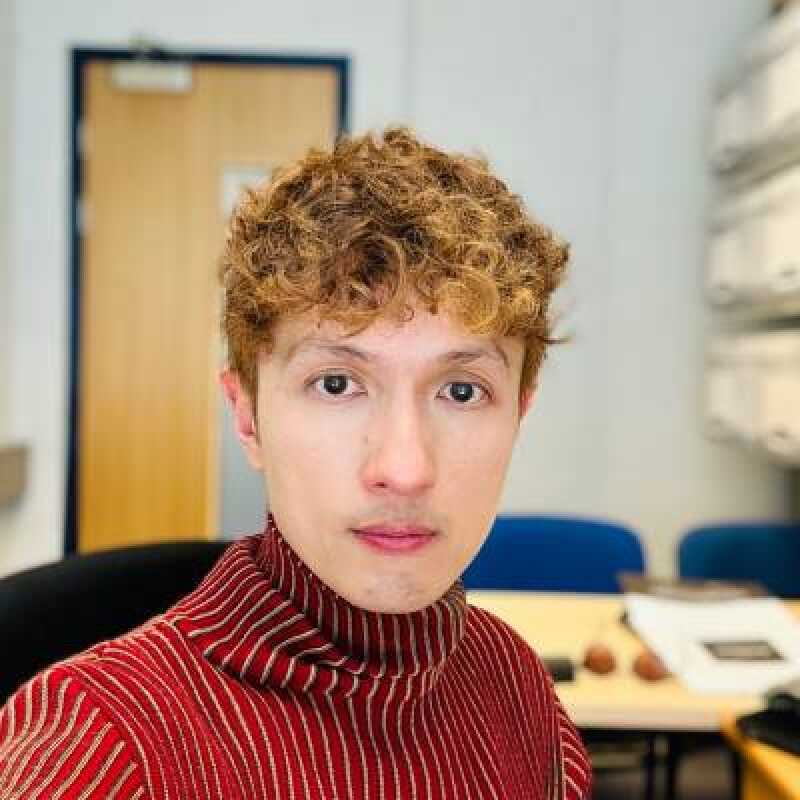- University of Kent
- School of Engineering
- People
- Chee Siang (Jim) Ang
Chee Siang (Jim) Ang


Chee Siang Ang (also known as Jim Ang) is Professor of Human-Computer Interaction in the School of Computing, University of Kent, and Kent and Medway Medical School. He is also Deputy Director of Institute of Cultural and Creative Industries. His main research interest lies in the general area of HCI (Human-Computer Interaction) with an emphasis on digital health. Specific areas include:
Jim Ang is involved in multidisciplinary research in digital health. His research approach is centred around co-design of healthcare systems to achieve real-world impacts through an in-depth understanding of stakeholders and healthcare organisational contexts. Currently, his research focuses on designing, developing and deploying digital technologies, such as virtual/augmented reality, sensing technologies integrated with machine learning in real-world settings to improve the quality of healthcare and ultimately to improve human wellbeing.
Game and Immersive Tech
Computers applications today are not restricted to conventional 2D displays, but can be in forms of 3D immersive visualisation and augmented information embedded in the physical world. Traditionally, this new form of computing has mostly been found in entertainment applications such as games but is increasingly making an impact in other more “serious” application domains such as training and healthcare. Jim works with psychologists and psychiatrists looking into how virtual reality (VR) and gaming technologies can be used in assessment and interventions in (mental) health, including anxiety disorder training, eating disorder therapy, pain management and emotion detection with VR eye-tracking.
Smart Sensing
Jim collaborates closely with researchers in electronic and mechanical engineering to develop integrated hardware and software online systems with an aim to solve people’s and societal problems through smart technology. For instance, he has developed a tangible interface using RFID tag on day-to-day objects that allows people with dementia to immerse in a 3D virtual world for reminiscence. He has worked on projects designing and developing low-cost monitoring devices using skin-like sensors and 3D visualisation for biofeedback for dysphagia therapy, ocular disorder therapy, as well as brain-computer interaction for wheelchair control.
Jim teaches video game development and computational creativity (designing computer systems which can be perceived as being creative). In the past he has also though Machine Learning, Tangible Media (designing tangible user interfaces), Human-Computer Interaction, and Research Methods.
Jim is currently supervising PhD projects in all the research areas outlined above, specifically in a) Study, design and evaluation of novel virtual reality/augmented reality/gaming technology for health and well being; b) Creative and innovative use of integrated hardware-software systems in various domains, with a focus on healthcare. He currently has limited capacity to take on new PhD students.
VR for healthcare
Loading publications...
Showing of total publications in the Kent Academic Repository. View all publications